Fatti di bio
A space that focuses on female nutrition. Which nutrients are essential in a diet designed for women for example? And which foods contain these and how often should we be eating them? Dr. Renata Alleva, PhD in Biochemistry and a Specialist in Food Science, explains all.
-

The FODMAP diet and chronic intestinal inflammation
Irritable bowel syndrome (IBS) is a common gastrointestinal (GI) ailment that affects many people and is characterised by gastrointestinal symptoms such as abdominal bloating and distension, flatulence and changes in...Read more -
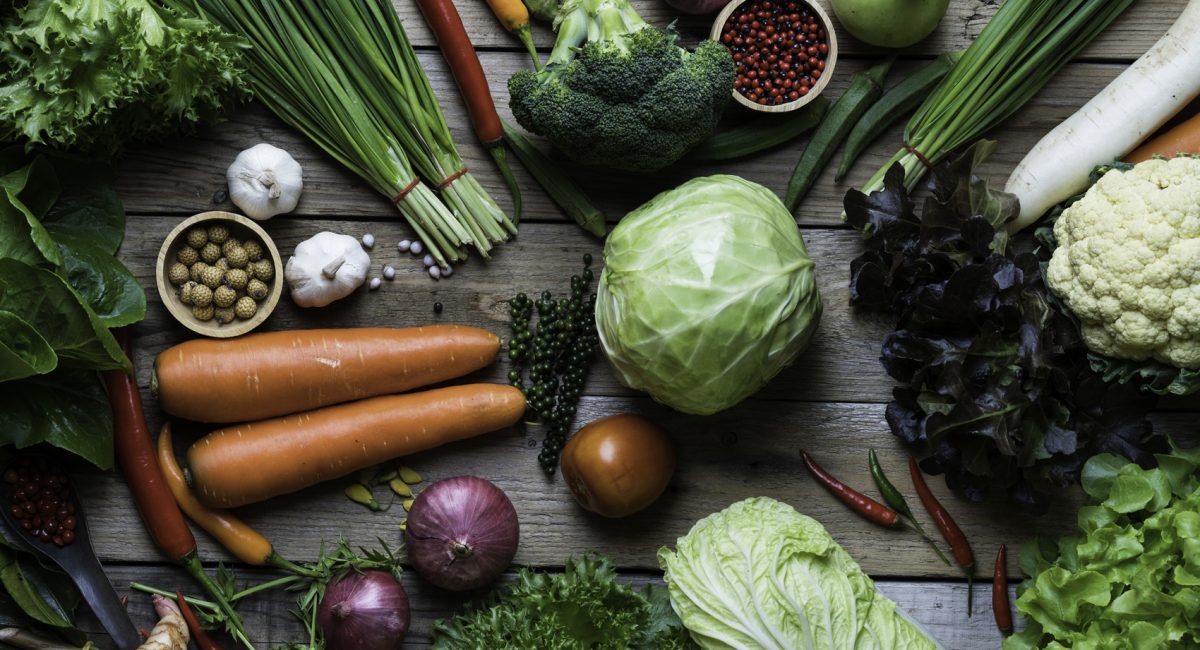
Polycystic ovary syndrome: how to help ourselves through diet
Polycystic ovary syndrome (PCOS) is generally characterised by irregular periods or no menstruation at all. Women with PCOS generally have more cysts in their ovaries, caused by the excess production...Read more -
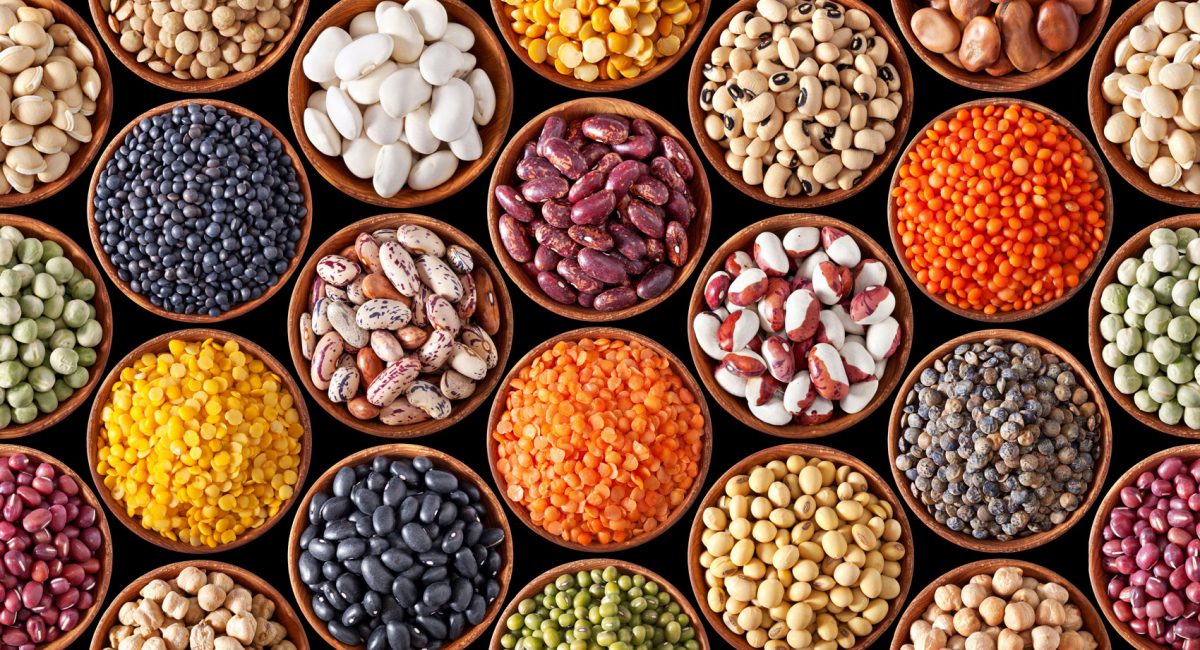
Zinc: a precious trace element for our health
Zinc is an essential mineral found in all our organs, tissues and bodily fluids. After iron, it is the second most copious trace element.Read more -
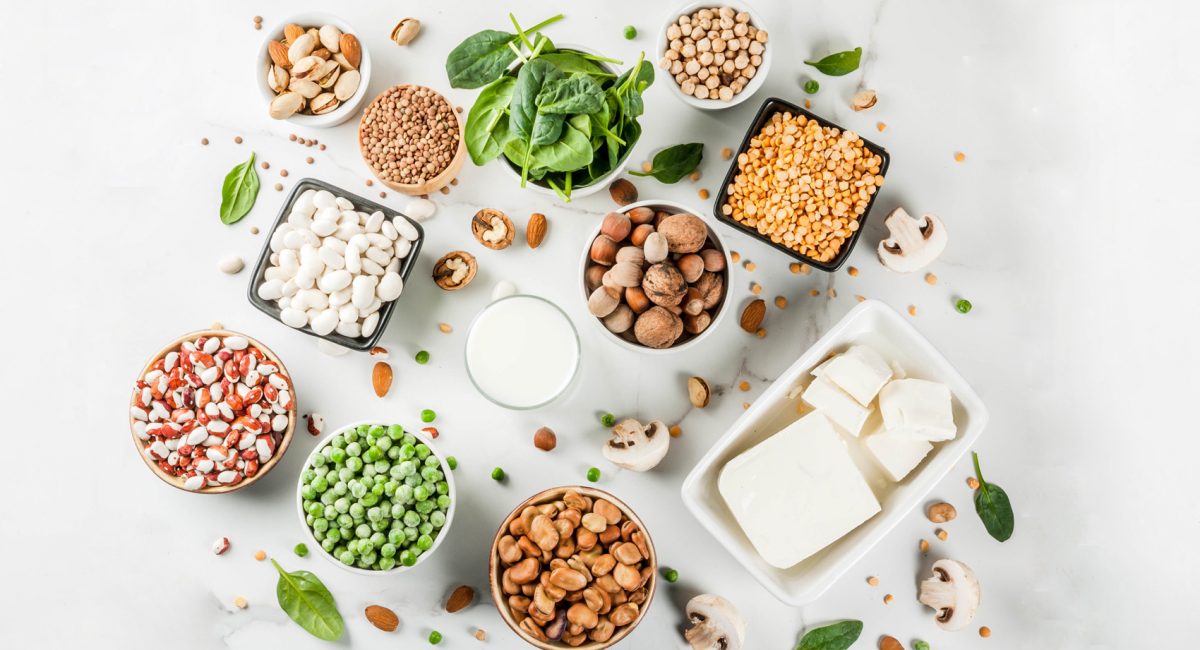
Getting back in shape quickly: the ketogenic diet
A correct body weight is synonymous with health and this is why we must be careful to avoid putting on weight by eating properly and doing regular physical exercise.Read more -
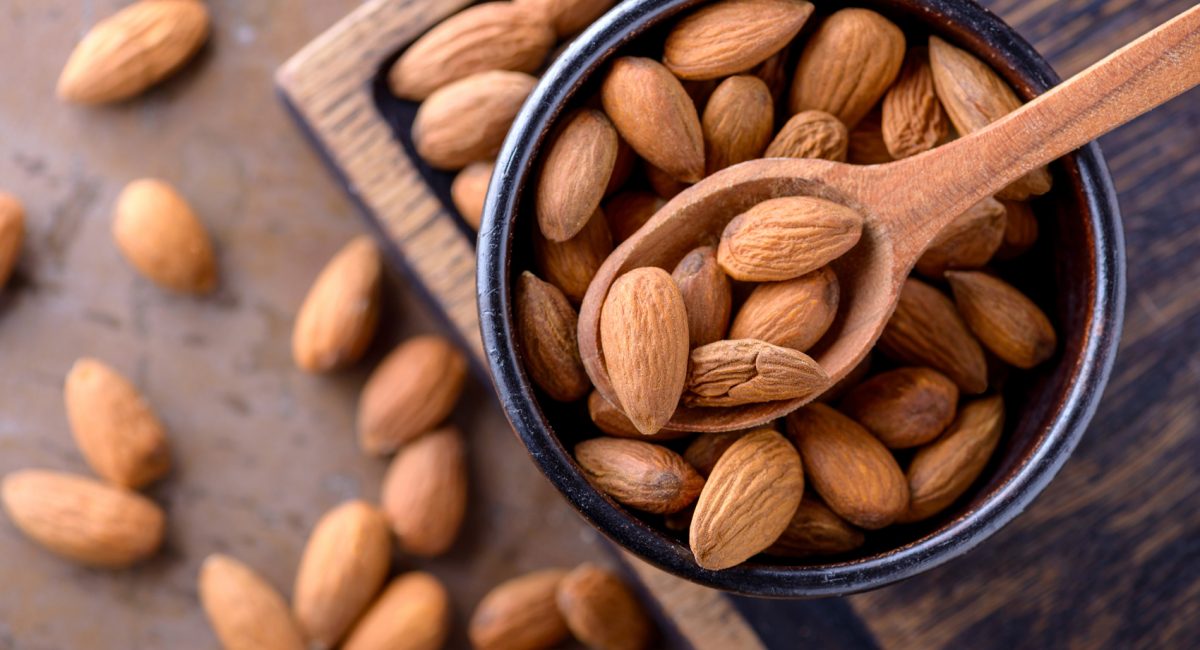
A vitamin D deficiency? It can also be linked to a lack of magnesium
An adequate balance of magnesium and vitamin D is essential for the proper physiological functioning of the various organs. Inadequate vitamin D or magnesium levels can lead to serious organ...Read more -
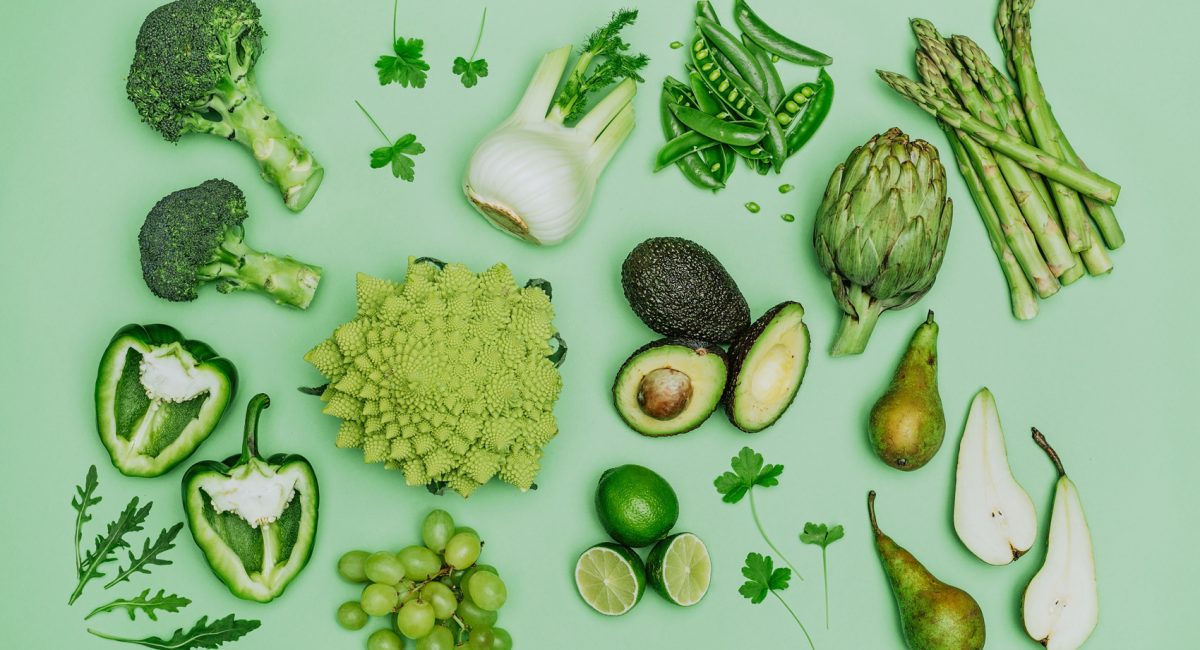
Healthy diet, healthy lungs
We now know that there is a link between the consumption of foods with a high energy content due to their saturated fats, refined carbohydrates (or sugars) and sodiumRead more -

Herbs and spices: not only a question of taste
Served after a meal, spices were considered digestives in ancient times because they “warmed the body and helped to cook the ingested food”.Read more -
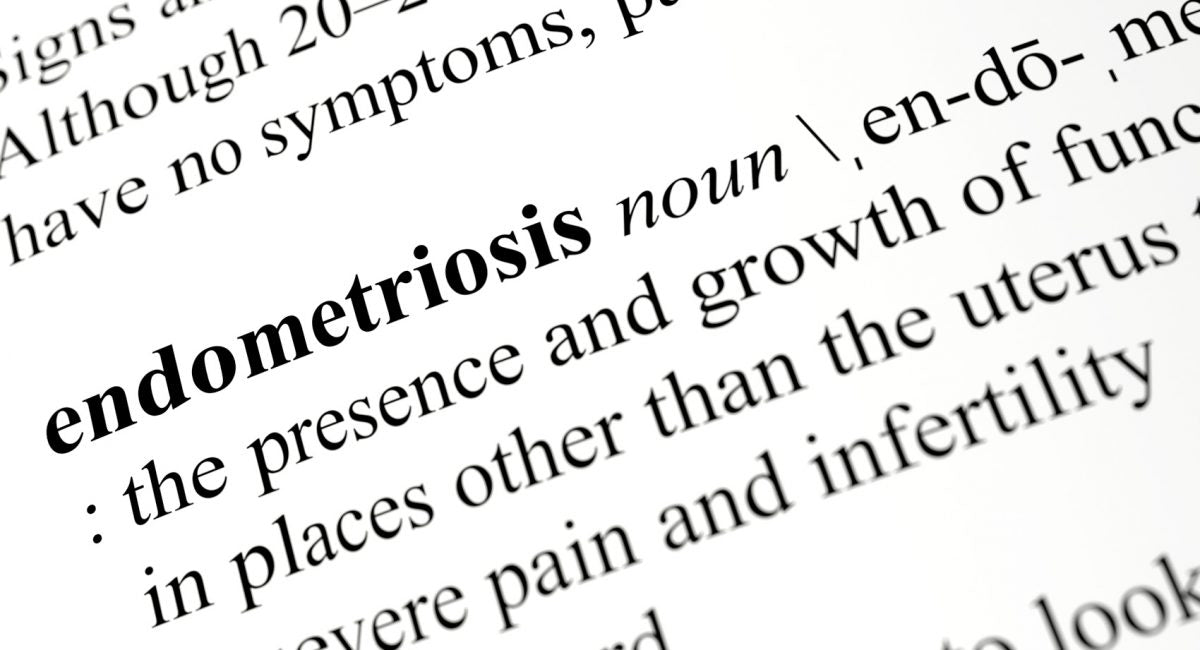
Endometriosis: the role of endocrine disruptors in the food chain
Endometriosis is a disease characterised by the presence of endometrium tissue outside the uterus; it affects between 10 and 18% of women of fertile age.Read more -
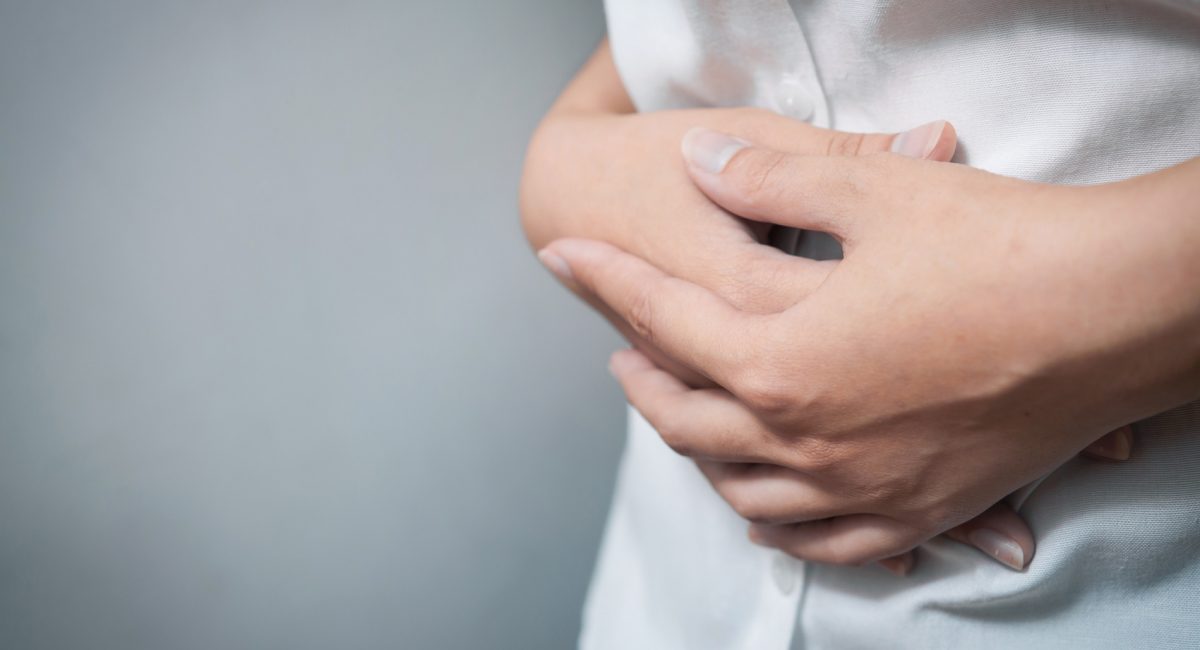
Dysbiosis: how to recognise and combat it
Have you recently suffered from any gastrointestinal complaints such as poor digestion, halitosis, irritable bowel syndrome, constipation or frequent diarrhoea, bloating, flatulence or the poor absorption of nutrients?Read more -

Eating out, what a nightmare!
Want to lose a few pounds and get fit for the summer? Often the biggest problem is eating out. We don’t all have a canteen at work and may well...Read more -
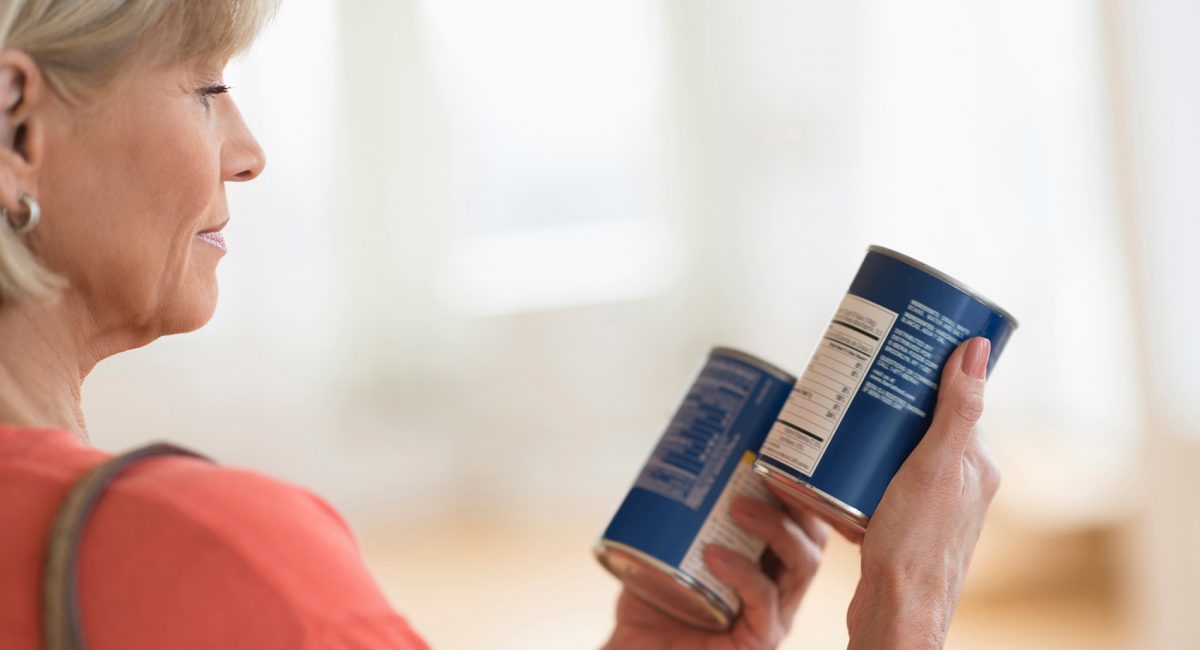
Food labels, don’t just look at calories
There are still too many people who believe there’s no need to read the food label. They buy products because they’ve seen them advertised on TV or in a magazineRead more -
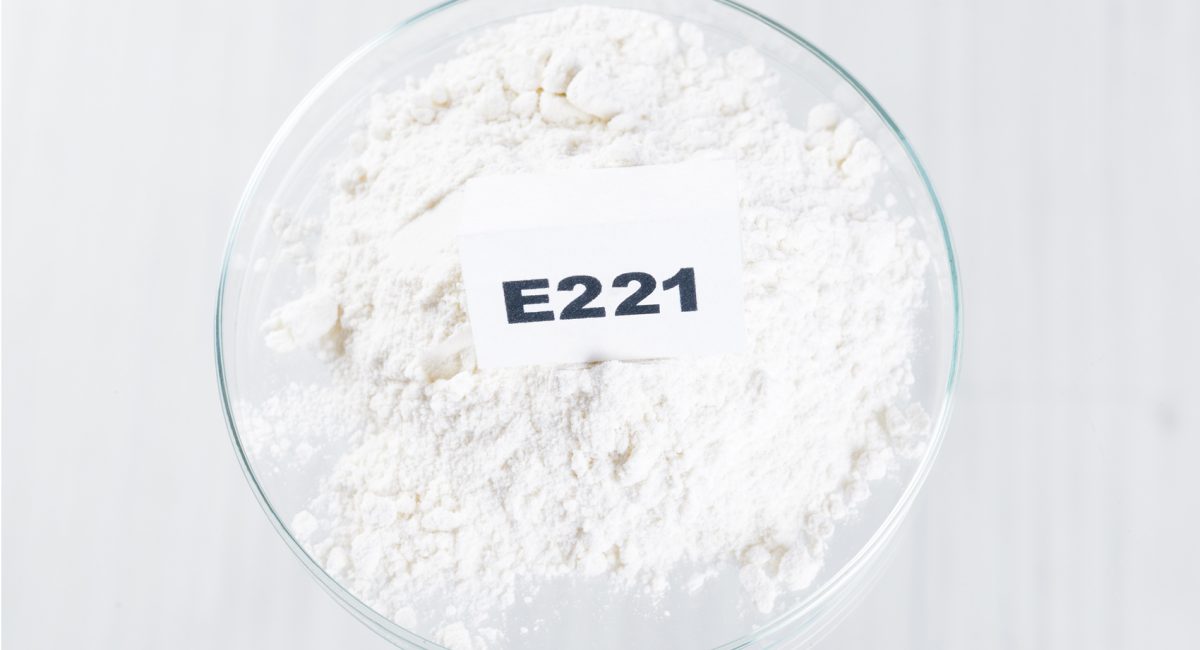
Food additives and health: sulphites
Food additives, particularly preservatives, are added to food products with the aim of hindering their natural decompositionRead more -
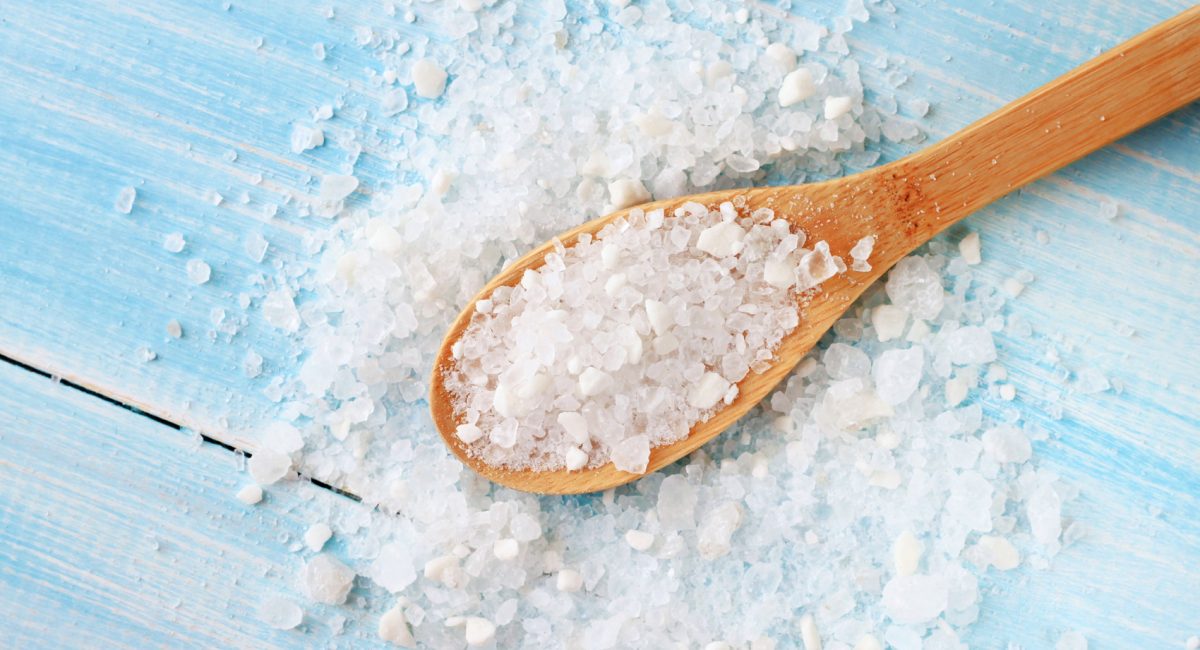
Too much salt and the risks for our health
Sodium is an important mineral for human health as it regulates many important functions, maintaining our water balance and acid-base balance and ensuring the nerve transmission and muscle contractions vital...Read more












